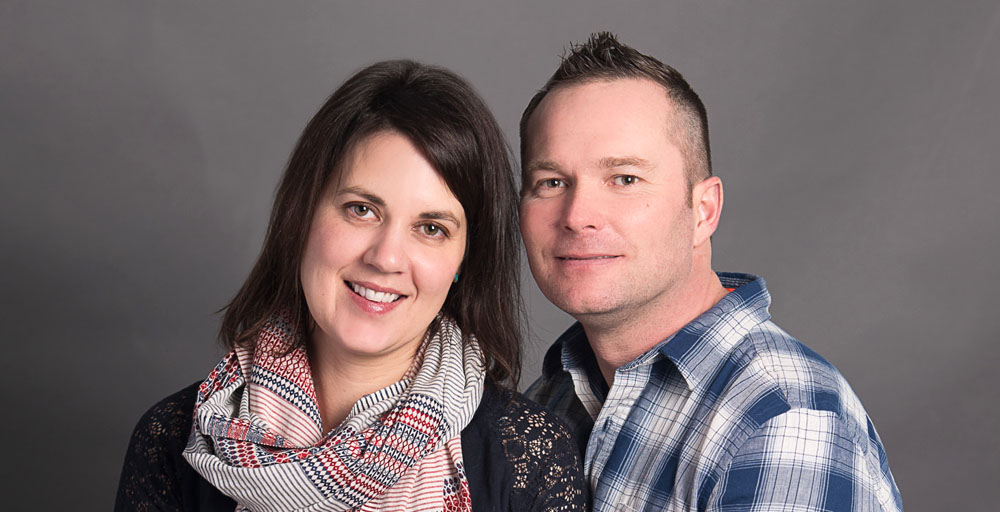John O’Neill’s service record is a roadmap of places where Canadian service men and women have made a real difference over the past two decades. Bosnia in 1998. Kosovo in 1999. Ethiopia and Eritrea in 2000. Afghanistan in 2007 and again in 2010.
These places still conjure up images in the minds of Canadians, some of which are disturbing to recall. John was there.
Now, as he prepares to retire from the military as a Master Warrant Officer (“not too bad,” he says), John carries those images with him still, along with the physical scars that come from 24 years of military service. A broken ankle during a paratrooper exercise. A broken elbow during physical training. A serious neck injury from an ambush in Afghanistan.
The mental journey
While those physical symptoms linger, the emotional injuries are more problematic for John and his family. John was diagnosed with post-traumatic stress disorder (PTSD) in 2014. The diagnosis came four years ago, but John believes it was building for some time.
I think it accumulates throughout your career, undealt-with baggage. I don’t really know a specific incident where it happened ... There were probably a few of them.
Getting to this point has been an “emotional rollercoaster” for John, his wife Tracy and their three children: Keely, 17; Avery, 12; and Ty, 10. He continued to work for about a year and a half after the diagnosis, earning a promotion and being presented as a Member of the Order of the Military Merit. “All these thoughts enter your mind. I’m going to be released from the military. I have a young family. But, once you research and find out everything that is available and you talk with Veterans Affairs, you start finding out that things aren’t that bad, being released.”
John emphasized that early intervention is key to a successful transition. “There are way too many soldiers dealing with this and we need to get to them early.”
John O'Neill, Master Warrant Officer
Years of service: 24
Age: 42
Trade: Infantry
Hometown: Collingwood, Ontario
Help for family
Tracy says families also need to be better equipped to help their loved ones adapt to their post-military lives.
He was sent home to me, but I wasn’t given the information that I needed to help him ... I wasn’t educated about what I needed to do to support him.
Tracy explained that there are resources in place to help—she simply wasn’t aware of them. For example, when she heard about a mental health first-aid course from her local Military Family Resource Centre, she eagerly signed up. “I didn’t even know OSISS (Operational Stress Injury Social Support) existed but now I feel as though I have a lot of resources available to me. But I really needed it the day he came home.”
John is meeting with a VAC case manager, getting up to speed on what benefits and services are available to him and his family—such as education, training and counselling. While he and Tracy still aren’t sure what their long-term future holds, as his retirement nears, John is positive.
'Sitting down with someone, and having them give you some comfort that you’re not alone, really gives you a nice warm feeling.”
By sharing his story, John is one of the many Veterans who help us continuously improve our processes and how we share our information. We recognize that need to do more to improve supports available to Veterans and family members. We thank John and Tracy for sharing their experience and we hope that it will help you and your family to learn more about the services available to you during transition. Thank you John!
Date published: 2018-10-10
Sources: John O'Neill - Master Warrant Officer; SALUTE! Magazine




